On January 14, 1937 in Celtic History
Eamon de valera new 1937 irish constitution
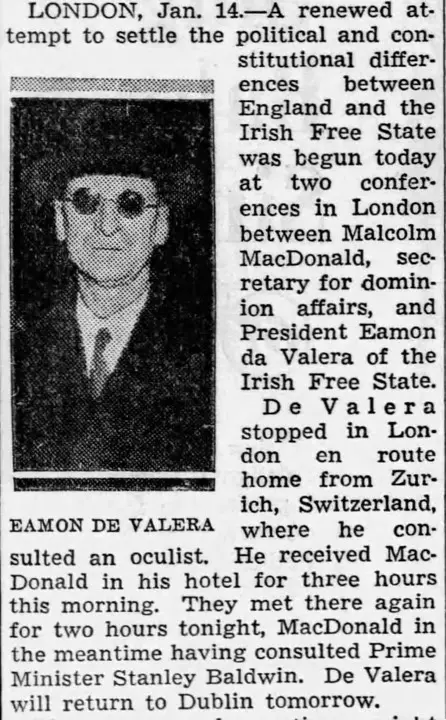
Eamon de Valera, the prominent Irish statesman and political leader, introduced a new constitution for Ireland in 1937. This constitution is officially known as the “Constitution of Ireland” or “Bunreacht na hÉireann” in the Irish language. It replaced the previous constitution of the Irish Free State, which had been in place since 1922. Here are some key points about the 1937 Irish Constitution:
-
Background: The 1937 Constitution was adopted in the context of significant constitutional and political developments in Ireland. It marked a new phase in the country’s history, asserting Ireland’s full sovereignty and independence from the United Kingdom.
-
Constitutional Features: The Constitution of 1937 established Ireland as a sovereign, independent, and democratic state. It provided for a President as the head of state and a parliamentary system of government.
-
Recognition of Irish as the Official Language: The constitution recognized the Irish language (Gaeilge) as the first official language of Ireland, with English as the second official language. It emphasized the importance of preserving and promoting the Irish language.
-
Reaffirmation of Irish Identity: The preamble of the constitution reaffirmed the commitment to the cultural and national identity of Ireland and its aspirations for a united and independent Irish nation.
-
Economic and Social Principles: The constitution included a commitment to pursuing economic and social policies that aimed at the welfare of all citizens and the promotion of the common good.
-
Abrogation of the External Relations Act: With the adoption of the 1937 Constitution, the External Relations Act was abrogated, effectively severing the remaining constitutional ties between Ireland and the British Commonwealth.
-
Legal Continuity: The constitution ensured legal continuity by recognizing pre-existing laws and institutions of the Irish Free State.
Eamon de Valera played a significant role in shaping the 1937 Constitution, which reflected his vision of Ireland as a fully independent and self-governing nation. This constitution remains in place today, with a number of amendments made over the years, and it serves as the supreme law of the Republic of Ireland.
Related Content
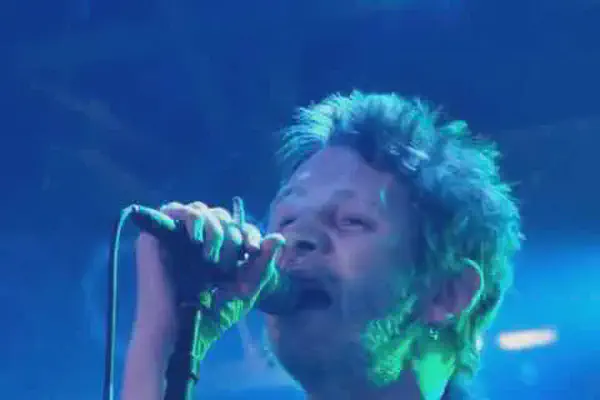
Shane Patrick Lysaght MacGowan, lead singer of the Pogues, died
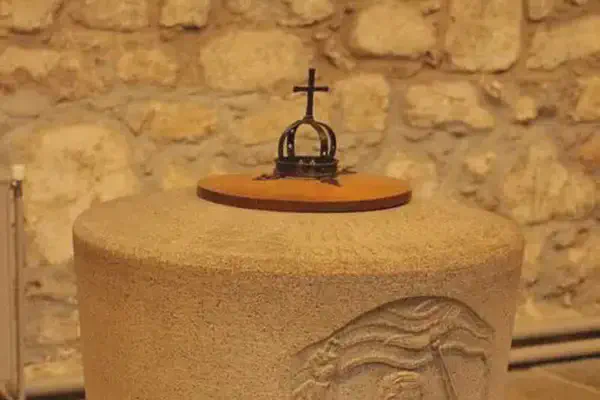
St Machar Day, patron saint of Aberdeen

Oíche Shamhna - Cetlic New Year Eve (Halloween)
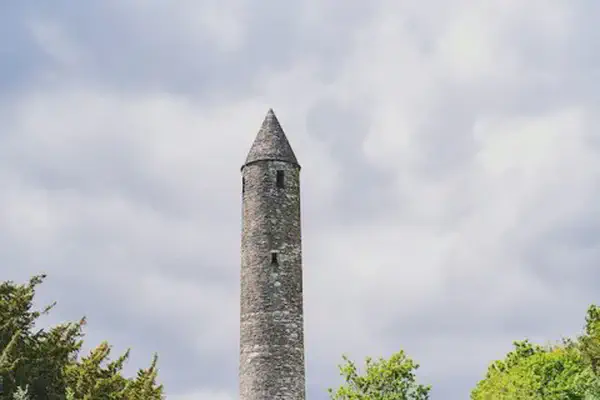
ALBAN ELFED (Welsh Bardic name for autumn equinox)
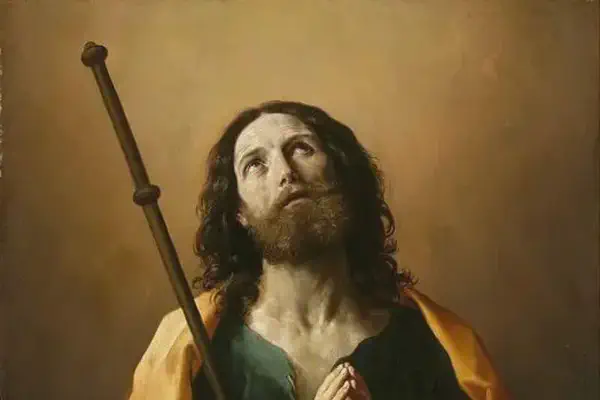
Feast day of St. James
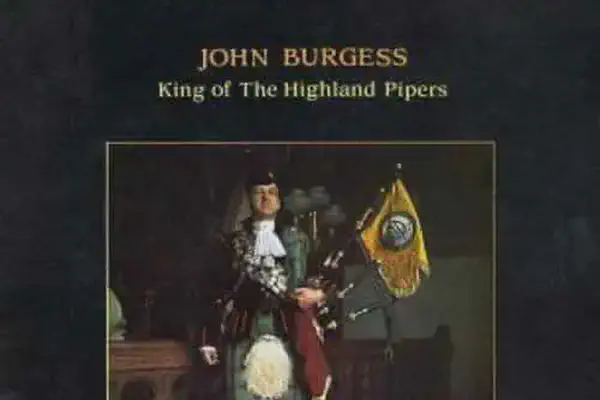
John Davie Burgess, King of the Highland Pipers, died at age 71.